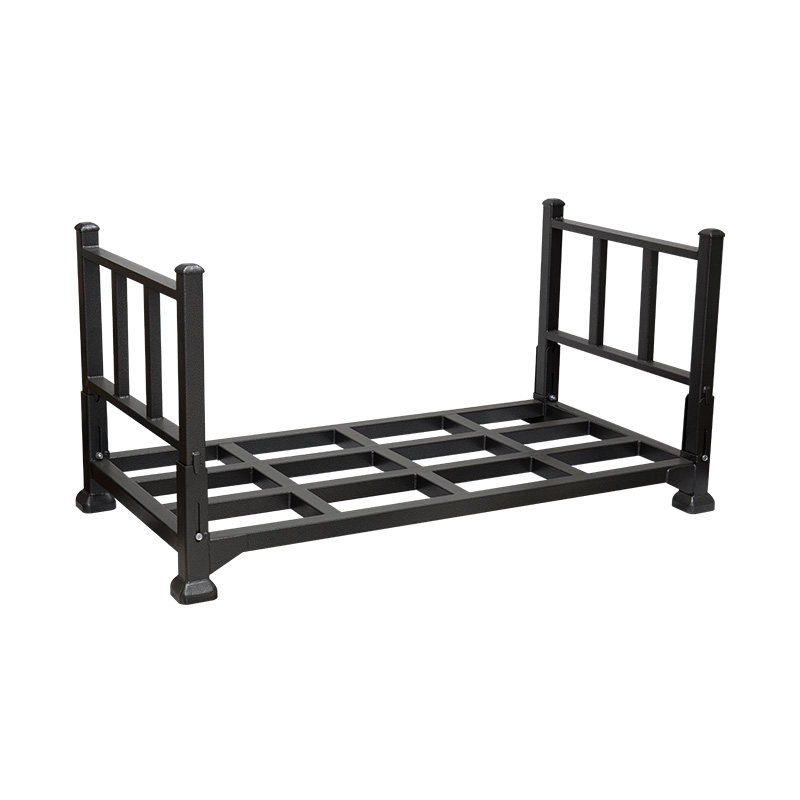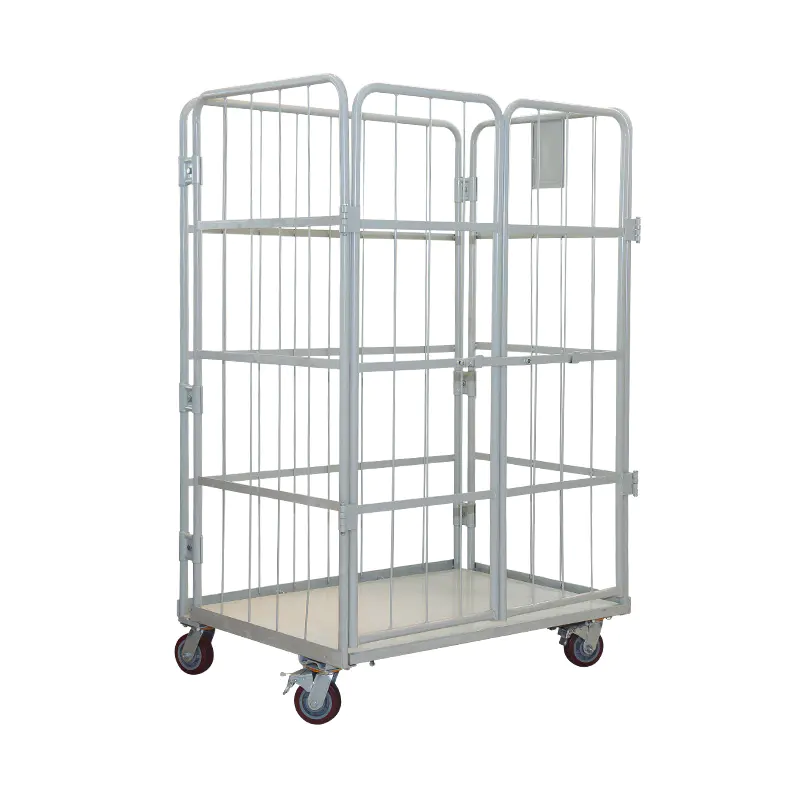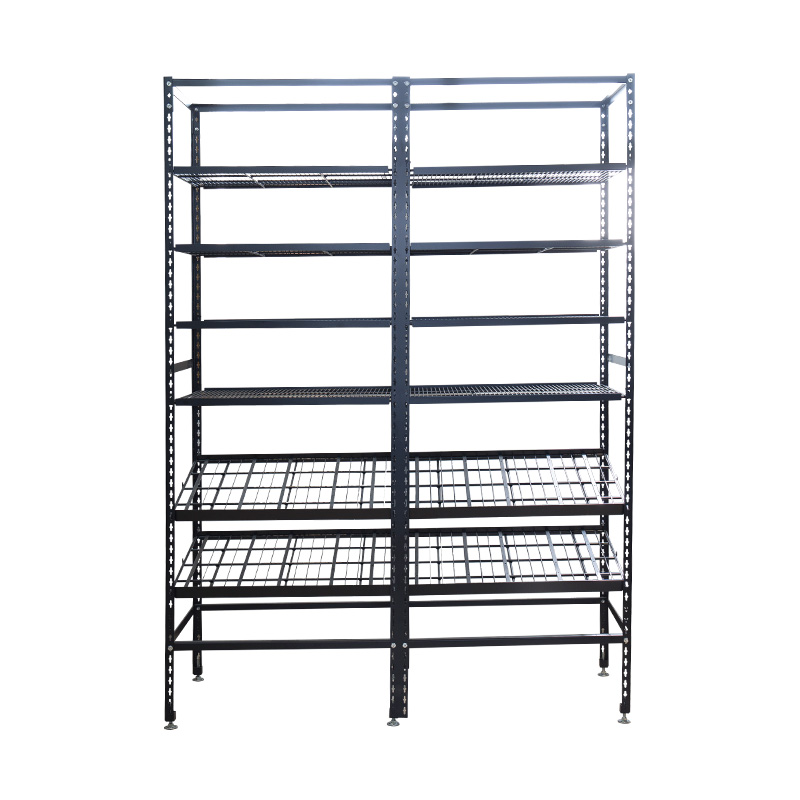Don't hesitate to send a message
Web Menu
Product Search
Exit Menu
How Can Foldable and Collapsible Pallet Cages Revolutionize Modern Logistics?
The logistics and warehousing industries are under constant pressure to improve efficiency, reduce costs, and adopt sustainable practices. Among the innovations addressing these challenges, foldable and collapsible pallet cages have emerged as a transformative solution. These versatile storage and transport units combine space-saving design with durability, making them ideal for dynamic supply chains.
Why Are Businesses Switching to Foldable and Collapsible Pallet Cages?
Traditional pallet solutions, such as static pallets or fixed metal containers, often occupy excessive storage space when not in use. In contrast, foldable pallet cages can be collapsed to a fraction of their assembled size, significantly optimizing warehouse space. This feature is particularly valuable in urban logistics, where storage real estate is expensive and limited.
Beyond space efficiency, businesses benefit from reduced transportation costs. Since empty collapsible pallet cages can be stacked or folded flat, more units can be shipped in a single load, lowering fuel consumption and freight expenses. This logistical advantage is especially relevant for companies managing returnable packaging systems, where empty containers frequently travel back to distribution centers.
Sustainability is another driving factor. Unlike single-use packaging or non-recyclable alternatives, foldable and collapsible pallet cages are built for long-term use, reducing waste and supporting circular economy principles. Their steel or heavy-duty plastic construction ensures they withstand repeated handling, making them a cost-effective investment over time.
What Makes Foldable Pallet Cages a Safer and More Efficient Storage Solution?
Safety and stability are critical in material handling, particularly when transporting high-value or fragile goods. Collapsible pallet cages provide superior containment compared to standard pallets, thanks to their rigid mesh or panel walls. These structures prevent items from shifting during transit, minimizing damage risks. Additionally, some models feature lockable gates or removable panels, allowing secure access while maintaining structural integrity.
Efficiency is further enhanced by their quick assembly and disassembly. Unlike fixed containers that require dedicated storage space, foldable pallet cages can be set up or broken down in seconds, adapting to fluctuating demand. This flexibility is crucial in industries like automotive parts, pharmaceuticals, and retail distribution, where inventory turnover rates are high.
A key advantage is their compatibility with existing handling equipment. Designed to work seamlessly with forklifts, pallet jacks, and conveyor systems, these cages integrate smoothly into warehouse workflows without requiring costly infrastructure changes.
How Do Collapsible Pallet Cages Support Sustainable Supply Chains?
Sustainability is no longer optional in logistics—it’s a competitive necessity. Foldable and collapsible pallet cages contribute to greener supply chains in multiple ways. First, their reusability eliminates the need for disposable packaging, reducing landfill waste. Second, their durable construction ensures a longer lifecycle, lowering the carbon footprint associated with frequent replacements.
Many industries are now aligning with Environmental, Social, and Governance (ESG) goals, and collapsible pallet cages support these initiatives effectively. For example, their steel frames are fully recyclable, and their design minimizes material waste during production. Additionally, because they optimize transport loads, they help reduce greenhouse gas emissions per shipped unit.
A comparison of environmental impact between traditional and collapsible solutions highlights their benefits:
| Factor | Traditional Pallets | Foldable Pallet Cages |
|---|---|---|
| Lifespan | Short-term use | Long-term reusable |
| Space Efficiency | Low (non-collapsible) | High (collapsible) |
| Recyclability | Varies (often wood/plastic) | Fully recyclable (steel) |
| Transport Efficiency | Less efficient | More efficient |
Are Foldable Pallet Cages the Future of Smart Warehousing?
As warehousing evolves with automation and IoT integration, foldable and collapsible pallet cages are proving adaptable to next-generation logistics. Automated Storage and Retrieval Systems (AS/RS) benefit from their standardized dimensions, ensuring smooth handling by robotic equipment. Some advanced models even incorporate RFID tags or QR codes, enabling real-time inventory tracking and improving supply chain visibility.
The rise of Just-in-Time (JIT) and lean logistics further underscores their value. Since these methodologies prioritize minimizing excess inventory, the ability to quickly deploy or store collapsible pallet cages aligns perfectly with demand-driven operations. Additionally, their modularity allows for customization, such as adding dividers or liners for specialized cargo.
Looking ahead, innovations like smart sensors (monitoring load weight or condition) could further enhance their functionality. As warehouses embrace Industry 4.0, foldable pallet cages are poised to remain a key component of efficient, data-driven logistics.
-
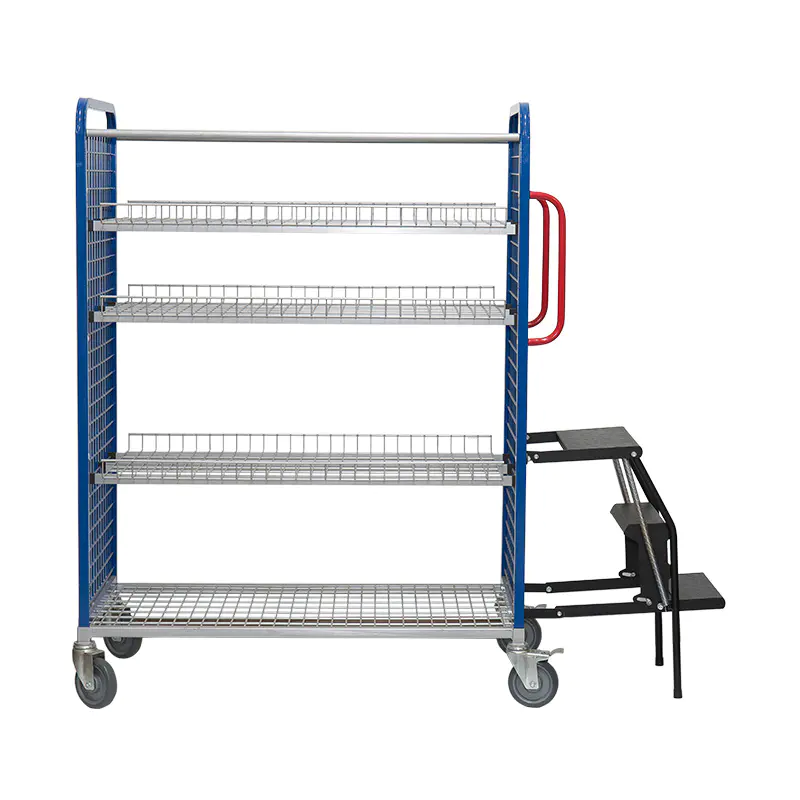
Product specification:This Warehouse wire mesh Multi-Tier Order Picking Trolley adopts a chassis and side panel structur...
See Details -
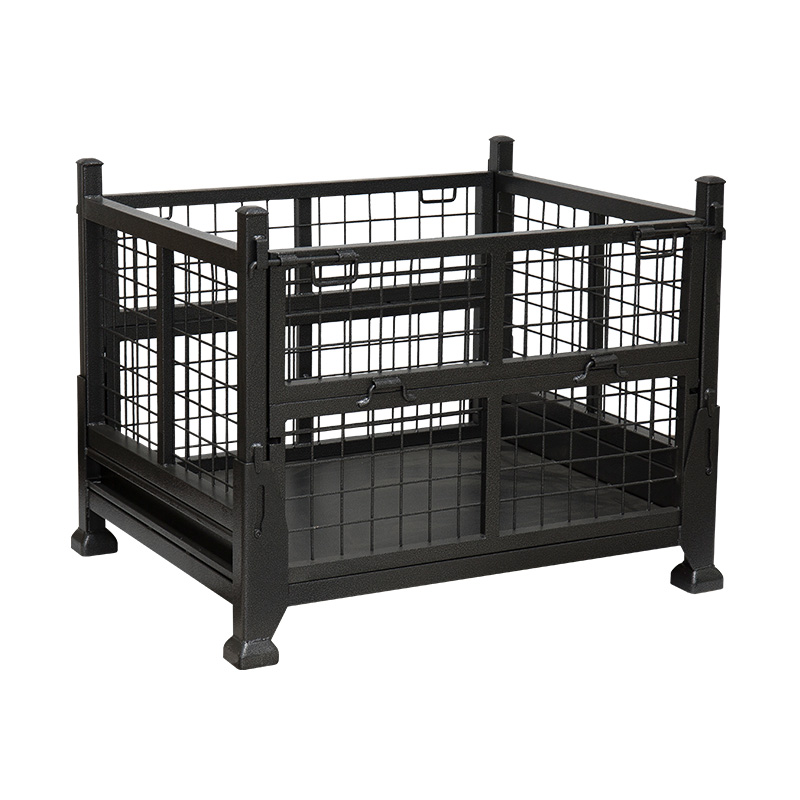
Foldable pallet cages are an important tool in factory logistics. They play an important role in transportation, distrib...
See Details -
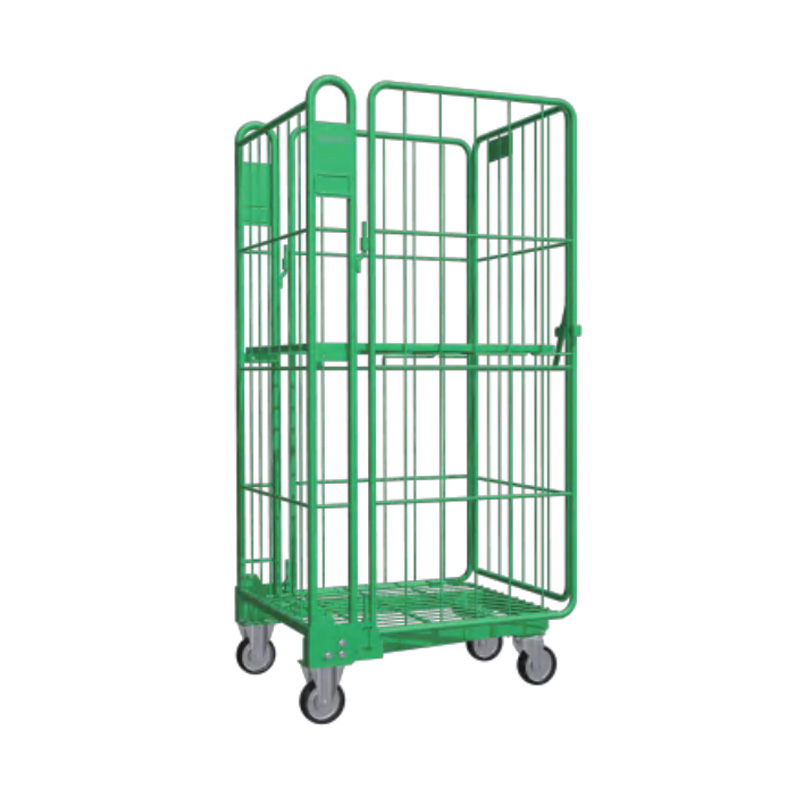
Product specification:The chassis is made of a square tube frame, with a bottom metal sheet tray that can be folded up a...
See Details -
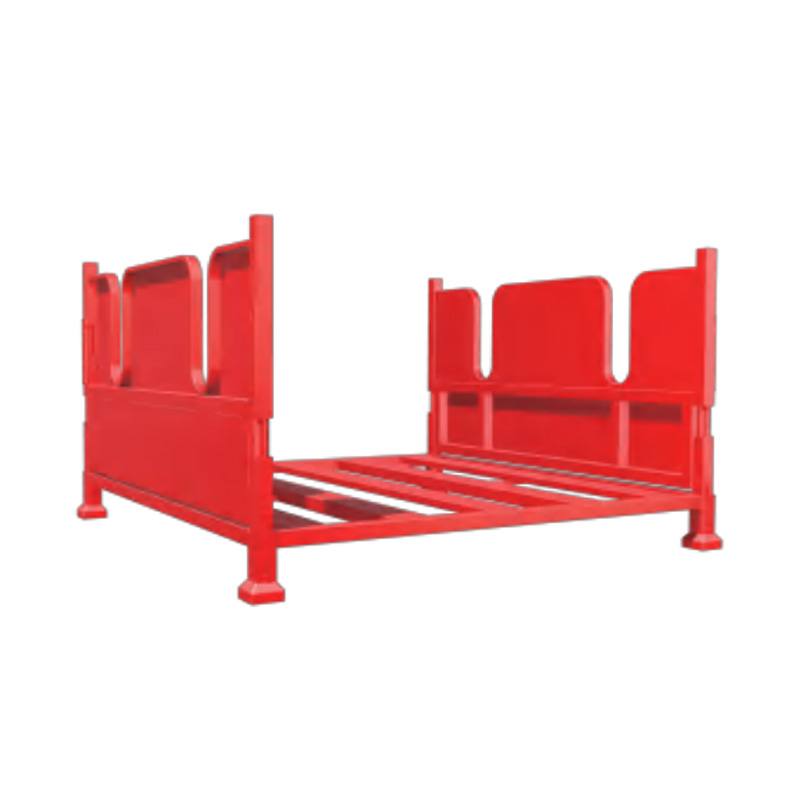
Stacking rack, also known as Qiaogu rack or stacking rackIt is a transportation and storage device derived from pallets ...
See Details -
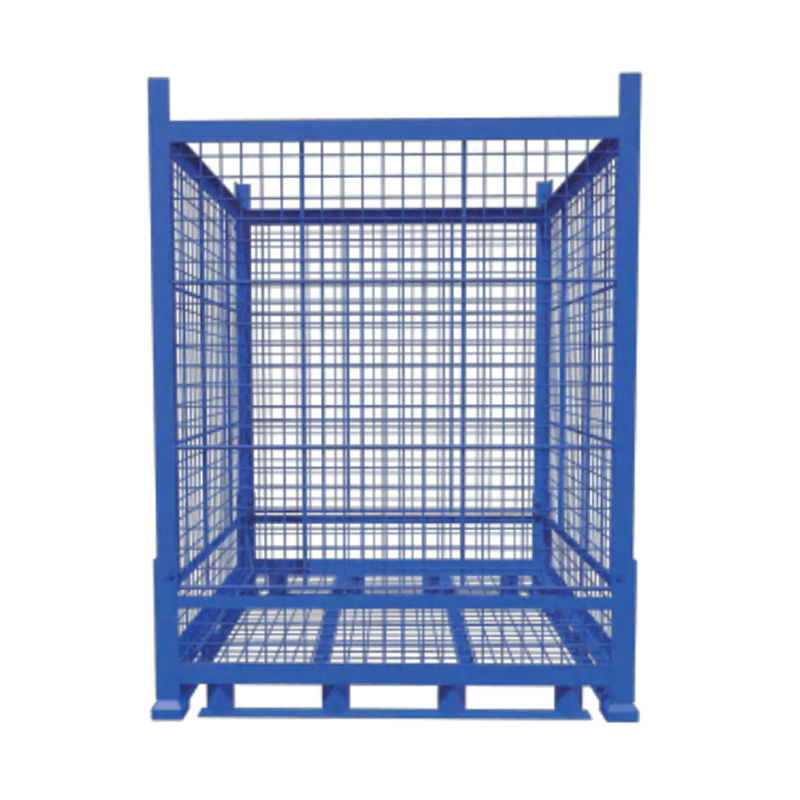
Product specification:Container structure made of L-Type plate frame with 50×50 wire mesh, with base support.Surface tre...
See Details
-
Building B5, No. 138, Weixi Road, Weixi Village, Weitang Town, Xiangcheng District, Suzhou City, China.
-
Tel:
+86-13862140414
+86-13951110334 -
Phone: +86-512-65905480

